Dates: Multiple Dates
Duration: 14:00 – 19:00
Delivery: Face to face & Online
Certificate of Completion from Queen Mary University of London
Delivered by Dr Muna Abdel Aziz
Women’s Reproductive Health
There is a huge focus in the SDGs (as previously in the MDGs) for women’s health and wellbeing. While gender and women’s rights and responsibilities are a much-debated topic, the positive outcomes to society from women’s health and wellbeing are clear to all. This course has been designed for participants to walk in their shoes to consider issues from the perspective of women to understand the barriers, challenges and competing priorities that women are navigating the field of access to health care, and public health prevention programmes.
Some of the tools and techniques to be covered are root cause analysis, stakeholder analysis, outreach and engagement to be able to think in new ways and co-produce new solutions. The strengths-based approach to asset mapping will enable participants to develop a new framing in the offer for women’s health clinics. The course covers both the practical and strategic perspectives of women’s health, well-being and sustainability. By the end of the course, participants will be able to formulate change programmes for their own practice to improve outcomes for women, their children and families.
Learning Outcomes:
This integrative course aims to develop a deeper understanding of the theoretical and practical aspects to leadership in the public health sector, and to develop the essential skills and competencies necessary to plan, monitor and control different tasks and events in the public health across the world.
By the end of this course, learners will be able to:
- Recognise the key decision points for women to access health care and prevention programmes.
- Recognise the different stakeholders for women accessing health promoting activities, both barriers and influencers.
- Outline some of the dilemmas in women’s health care in relation to childbearing, fertility and infertility, and the menopause.
- Acknowledge some of the taboos facing access to health care regarding mental health, sexually transmitted infections and hidden outbreaks.
- Explore by walking in their shoes, at least one of the challenges and recommend change programmes in relation to women’s health clinics, risk communication and community engagement.
Learning Outcome:
This integrative course aims to develop a deeper understanding of the theoretical and practical aspects to leadership in the public health sector, and to develop the essential skills and competencies necessary to plan, monitor and control different tasks and events in the public health across the world.
By the end of this course, learners will be able to:
- Recognise the key decision points for women to access health care and prevention programmes.
- Recognise the different stakeholders for women accessing health promoting activities, both barriers and influencers.
- Outline some of the dilemmas in women’s health care in relation to childbearing, fertility and infertility, and the menopause.
- Acknowledge some of the taboos facing access to health care regarding mental health, sexually transmitted infections and hidden outbreaks.
- Explore by walking in their shoes, at least one of the challenges and recommend change programmes in relation to women’s health clinics, risk communication and community engagement.
Program Structure:
Registration
Session (1) Women’s reproductive health
- Birth intervals, Breastfeeding, family planning.
- Sexual health and contraception.
- Teenage pregnancy, unwanted pregnancies.
Pray and Tea/Coffee/Snacks Break and Networking
Session (2) What women want, and where women go
- Models of delivery (hub and spoke) or pop-up clinics.
- Integrated women’s health clinics, wellbeing services.
- Immunisation and health/cancer screening.
Pray and Tea/Coffee/Snacks Break and Networking
Session (3) Dilemmas for women’s health care
- Fertility and infertility.
- Menopause and mental health.
- Sexually transmitted infections, Taboo and stigma.
- Reflection and next steps.
- Presentation of Certificates of Completion.
END OF COURSE
Who is this course for?
- The course covers materials for all levels from junior through to senior professionals in the public health services.
- Senior professionals in the medical health care services, multidisciplinary clinical or public health related fields.
- Experienced managers in medical health care service and/or government officials.
- Women’s health advocates, NGOs and community grassroots organisations for women’s health.
- Researchers in the field of women’s health, mental health, sexual health, maternal mortality and morbidity.
BENEFITS FOR Employers:
The course participants will have the opportunity to showcase their role in different fields with their employers. After completion of the course, participants (supported by their tutor with additional fee) will be given the opportunity to write a report describing what they have learnt and what is particularly relevant to their employers. The report will focus on one single perspective or to build a hybrid model that will help their employers to achieve their strategic and tactical goals. This will help reassure the employers of the benefits of the programme and help consolidate managers’ understanding.

